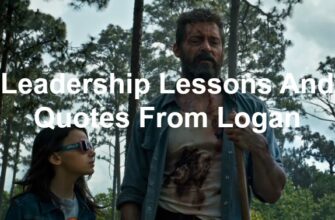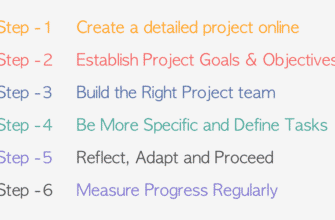After successfully concluding a large-scale undertaking, I don’t typically feel like celebrating. Instead I sit back, pour a glass of bourbon, and think of all the things I could have done better. I don’t project this to my team (my brutal self-critique is reserved for me alone), but appreciating a win is not my strong suit. You know who doesn’t seem to have this issue? Ethan Hunt.
Ethan Hunt is the main character in the Mission Impossible movie franchise. With death defying deeds of heroism mixed with some luck, he has saved the world on many occasions. After each mission, Ethan feels good about what he’s accomplished. He enjoys a beer with some colleagues or goes on vacation to the Bahamas. To enable me to get to this same point, new research may provide the motivation I need to make a change.
In the article How Self-Critical People Can Build Confidence Following a Big Win, psychologist Peter Zunick and his team studied the idea that some people are more likely to hold onto negative self-beliefs despite evidence of the contrary. This research led to a technique called directed abstraction where individuals who fail to “generalize from success” can boost their confidence and lessen self-doubt.
Contents
- Direct abstraction means stopping to consider how a specific success may have more general implications – this is the abstraction part – and also ensuring this thinking is directed towards how the personal qualities were a key to the success.
- I was able to [insert success], because I am [insert personal quality].
- Share here:
Direct abstraction means stopping to consider how a specific success may have more general implications – this is the abstraction part – and also ensuring this thinking is directed towards how the personal qualities were a key to the success.
The practice of direct abstraction is based on the power of self-talk, how we frame a situation, and the ways we debrief after the completion of a chore. It involves asking yourself why you were able to accomplish something as opposed to the typical how. Peter’s research exhibits a marketable difference between students asked how they completed a task versus those asked to complete the sentence: “I was able to score very high on the test because I am ________.” The first prompts a concrete, specific thought, while the latter involves more abstract, introspective contemplation.
By simply asking a why question, people who previously reported believing they had low competence indicated having more confidence in their ability and believed they would do better at similar tasks. This can provide two takeaways. The first is the need to conduct a post-project internal interview where you can ask yourself why questions. This will provide a much-deserved pat on the back and build you up for the next challenge.
I was able to [insert success], because I am [insert personal quality].
The second takeaway is for leaders overseeing a team. When facilitating the “what went well/lessons learned” meeting, focus on the why questions. Use this conversation to engage the team, learn what qualities they found to be advantageous, and share the positive qualities you feel they possess.
Ethan Hunt is a pillar of confidence and self-control. Even when his mission is not going as planned, he understands the end-goal and can weave through the interference to see it through. Intelligence and peak physical conditioning help, but Ethan performs real-time direct abstraction to maintain a healthy perspective on the situation. Don’t rely on others to ask you the why questions; take the initiative to do it yourself. It will make your next mission possible.





